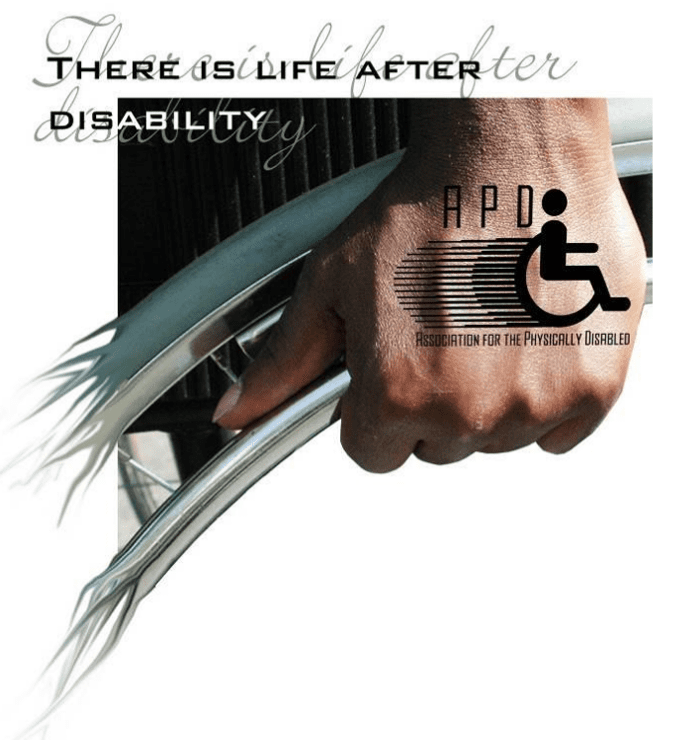Social Work Services
In the Greater Johannesburg region, social work services are provided to communities in regions B, E, and F, both in formal and informal settlements. Our Social Development Programme, established in 1934, aims to address the challenges faced by disadvantaged communities with limited infrastructure.
As social workers, our goal is to partner with individuals who have physical disabilities or mobility impairments, as well as their families or support systems. Our objective is to promote their integration into society and enable them to reach their full potential.
The target group for our services includes persons with physical disabilities and/or mobility impairments, along with their families/support systems. We also extend our support to children, youth, adults, and the elderly who are HIV/AIDS infected or affected.
We provide social work services to empower individuals with disabilities by equipping them with the necessary knowledge and skills to access relevant services and overcome challenges. Some of the services we offer include assistance with social grant applications and identity documents, psychosocial support for individuals and their families, addressing unemployment issues, facilitating residential placements and school applications, and helping with bursary applications. We also support individuals in obtaining assistive devices and navigating workman's compensation claims.
To alleviate poverty among persons with disabilities, we focus on establishing income-generating projects. Currently, there are four such projects administered by our social auxiliary workers, two in Alexandra and one in Coronation. These projects aim to empower members with skills to set up sustainable income streams. While these projects face challenges in product sales and addressing learning disabilities, they provide therapeutic benefits for members with mental disabilities.
Education and training are crucial components of our work. We conduct education and awareness programs in clinics, hospitals, and other organizations across regions B, E, and F. Through these programs, we aim to inform the community about our services, forge partnerships with healthcare facilities for referrals, educate communities about disability rights, and raise awareness among individuals with disabilities. Topics covered range from APD services and disability rights to HIV/AIDS, social work services, and care for individuals with disabilities.
Support and life skills development are also vital aspects of our work. We facilitate support and life skills groups led by our social auxiliary workers. These groups provide individuals with disabilities an opportunity to enhance their self-development and receive support in a group setting. Group sessions cover various topics such as hygiene, social skills, self-employment, communication skills, and HIV/AIDS. Additionally, we organize outings to promote group cohesion and provide educational experiences.
To ensure a high standard of service delivery, staff training is essential. Social work personnel, including social workers and social auxiliary workers, receive training in trauma, dementia, mainstreaming, and mental screening. This ongoing training helps us stay updated and deliver effective support.
Networking plays a crucial role in our work. We actively engage with local service providers through forums and individual contacts to identify available resources, skills, and knowledge that can benefit the community. By participating in disability forums and representing our organization in service provider meetings, we contribute to building a strong support network.
Despite our dedication, we face challenges in our work. Limited funding for staff training and capacity building of community-based organizations remains a significant obstacle. Moreover, inadequate support from regional and local government structures affects our ability to empower income generation projects. High illiteracy rates, limited accessible housing and residential facilities, inaccessible public schools, and transportation, as well as inadequate computer and machinery resources, further hinder our efforts. We recognize the need for a dedicated vehicle to attend to emergencies promptly.
Nevertheless, we remain committed to making a positive impact in the lives of individuals with disabilities and their families. Through advocacy, provision of vital services, and collaboration with various stakeholders, we aim to promote social inclusion, independence, and improved well-being within our community.
Contact Us for Social Work. To learn more about our services and discuss a tailor-made care-giving package, please reach out to our Social Work Supervisor, Meriam Malatji, at 011-646-8331. You can also contact us via email at noluthandom@apdjhb.co.za.

